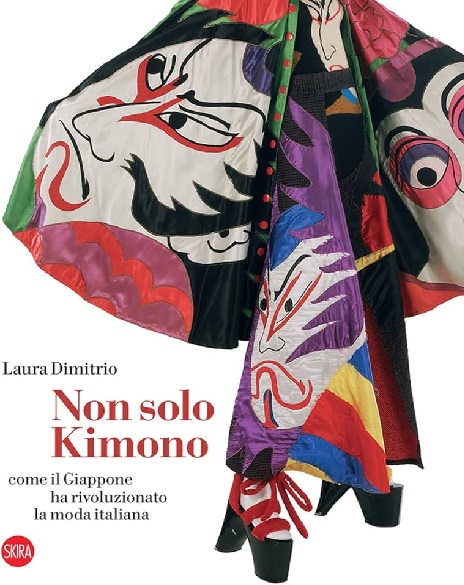Facoltà di Lingue e Letterature Straniere
Alma Mater Studiorum Università di Bologna
7/8 giugno 2012
Pop-Asia as Method:
Taking the Dialogic Potential of Media Culture Seriously
Iwabuchi Koichi
Waseda University
Since the mid 1990s, we have observed the drastic rise of media culture production and their circulation within East Asia. It has engendered new kinds of connections, mutual understandings and dialogues. Putting the circulation of Japanese media culture in this context, this paper will consider what is needed to further develop cross-border dialogues and suggest its implications for anyone interested in Japanese media culture in many parts of the world such as Bologna.
Revolutionary Girls in Male Imagination
Sharon Kinsella
Manchester University
During the 1990s and the 2000s Sharon Kinsella has been involved in interdisciplinary and cross-cultural research looking at emergent social trends linking youth, the media, subculture, corporate culture and new modes of governance, based on Japanese case studies with global application. Art this event she will be looking at the tendency through the twentieth century for male novelists, journalists, intellectuals, artists, editors and cultured salary-men, to become fascinated by the lives and characters of young single women and their thrilling potential for prostitution and revolution. In this modern male imagination sexual promiscuity and prostitution have been closely and visual linked to social resistance. Does the commercial and institutional, the cultural and the theoretical proprietorship, of the idea of female liberation in Japan represent an advance colonization of the idea of female-based resistance, blocking the route to actual female cultural and political participation?
Da Hiroshima/Nagasaki a Fukushima:
egemonia, mangaesquee convergenza mediatica
Toshio Miyake
Università Ca’ Foscari Venezia
In seguito al tragico incidente alla centrale nucleare di Fukushima il 3 marzo 2011, una questione in particolare si è imposta all’attenzione pubblica. Nonostante il Giappone sia l’unico paese al mondo ad aver esperito bombardamenti atomici sulle proprie città, come mai negli ultimi decenni si è invece affermato un consenso così egemone intorno alle politiche energetiche nucleari? L’ipotesi di questo studio è che, oltre all’egemonia dall’alto da parte di politiche istituzionali e corporative, un ruolo altrettanto strategico sia stato svolto dall’egemonia dal basso in ambito delle culture popolari. Particolare attenzione verrà rivolta alla costellazione transmediale di manga, anime, neo-pop art, e alle sue rappresentazioni più note (Tetsuwan Atomu, Hadashi no Gen, Little Boy), che hanno contribuito a rendere familiari e a spettacolarizzare icone, narrative e immagini sul nucleare nel Giappone postbellico.
Show and Tell:
The Sexual Education(s) of Uchida Shungiku
Amanda C. Seaman
The University of Massachusetts Amherst
Uchida Shugiku (1959-) has built a career writing “autobiographical fiction” ranging from her shocking 1993 novel Father Fucker to her manga series Watashitachi wa hanshoku shite iru (We are Reproducing). In particular, working as a manga artist allows Uchida to tell stories about her life and her family, while still reserving the right, when she says something outrageous, to discount it as fiction. Uchida portrays herself as a mother, but also as a woman with an active career and an enthusiastic sex life. As her children have matured, however, Uchida has grappled with the need to tell them the facts of life—everything from what sex is to how sex is understood in Japanese culture today. In this vein, Uchida agreed in 2007 to write a sex education manual. Formal sex education in Japanese schools focuses primarily on the physical and biological “facts” of human reproduction -issues that, while addressed in Uchida’s S4G – Sex for Girls – take a back seat to a far more personal and emotional account that takes on sex and sexuality within the context of Uchida’s own sexual history and the larger social expectations of women in Japan. As a result, Uchida’s manga exceeds its imputed genre, serving instead as a personal narrative of the author’s difficult past, but also of her hopes for her children and their sexual futures.





